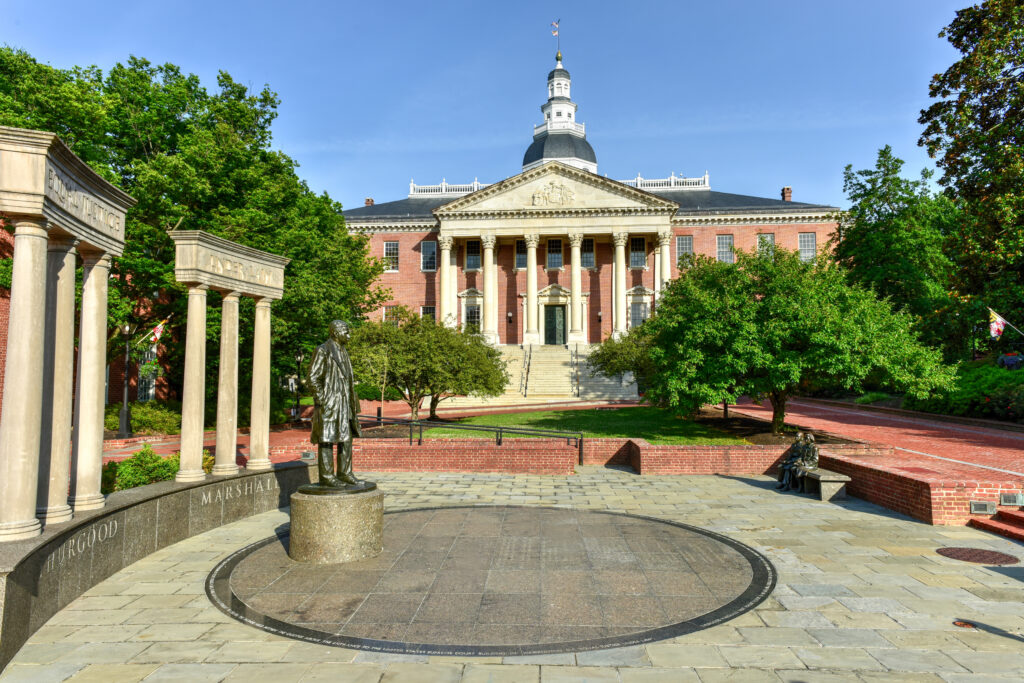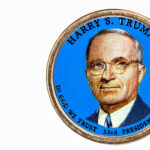In 1967, the landscape of the U.S. Supreme Court was forever altered when Lyndon B. Johnson, the 36th President of the United States, made a historic decision. Johnson nominated Solicitor-General Thurgood Marshall to serve as an Associate Justice, which upon confirmation, made Marshall the first black justice in the history of the Supreme Court.
Thurgood Marshall was an accomplished legal figure even before this appointment. As a lawyer, he had played a crucial role in several landmark civil rights cases, including Brown v. Board of Education. This case ended racial segregation in public schools, marking a significant milestone in the civil rights movement.
The nomination of Marshall was a bold move in a deeply racially divided nation. It symbolized the federal government’s commitment to civil rights and equal representation. During his confirmation hearings, Marshall faced intense scrutiny, primarily due to his civil rights background.
The appointment of Thurgood Marshall marked a transformative moment in U.S. history, both symbolically and substantively. As the first black justice, he broke racial barriers in one of the nation’s highest institutions and laid the foundation for future diversity on the bench. His legacy continues to inspire generations of jurists and activists committed to social justice and equality.
References:
https://www.timesunion.com/news/article/today-in-history-june-13-johnson-nominates-18135643.php




